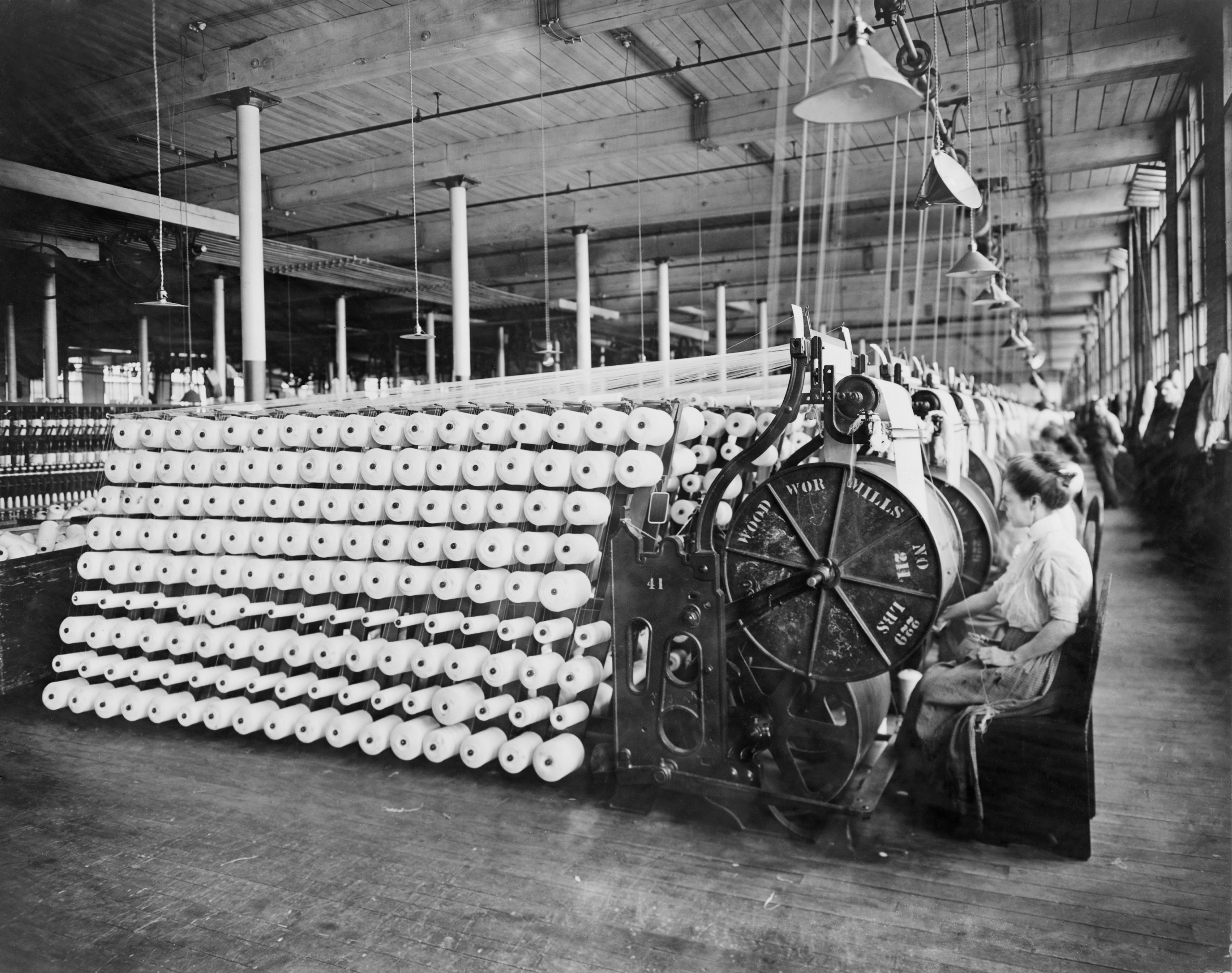Economic growth matters because of how it improves people's lives. Modern economic growth, as we experience it, started around 300 years ago with the Industrial Revolution. Technological innovations, like new products and services that improve people’s lives, drive modern economic growth. We typically measure this through the increase in GDP (Gross Domestic Product).
GDP was a product of its times: of the Second World War when governments needed to understand how to allocate resources efficiently for military purposes and understand what sacrifices consumers had to make for these ends. GDP served the mass production economy that emerged after the war. This repurposing made us forget about the fundamental things that economists care about and on which economic growth delivers, which is improving life expectancy, reducing infant mortality, and enjoying greater leisure. Although these are the fundamental components of economic welfare, people only think about GDP growth, which is the single number policymakers care about and that the media reports on all the time. I argue that economic growth matters a lot because it has enabled us to lead longer, healthier and happier lives.



